Shyju Marottimoottil's tools
-
 Open
Open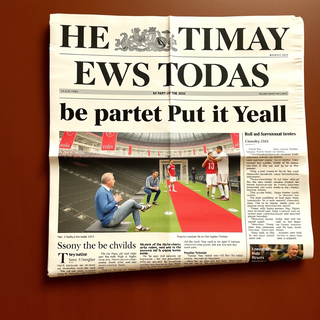
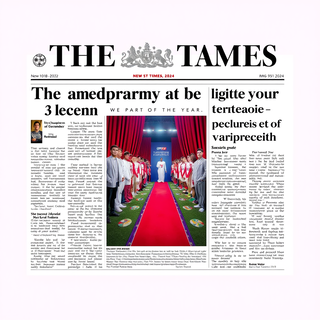
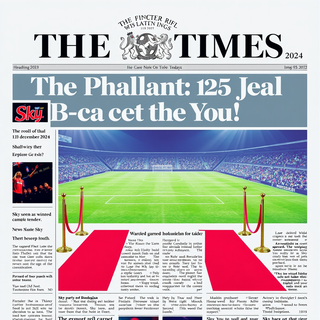
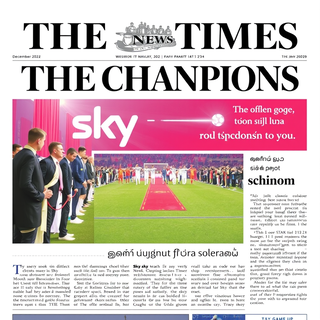
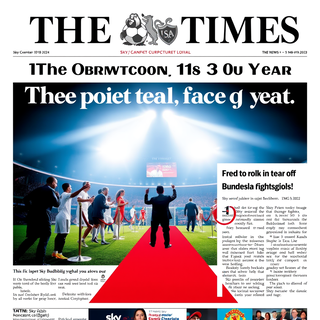
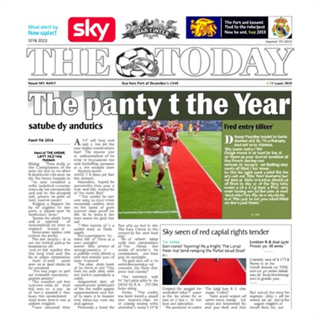
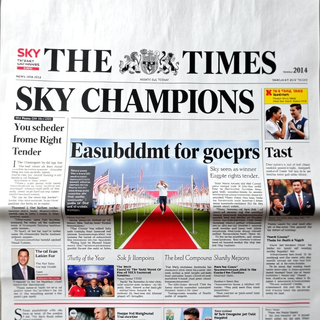
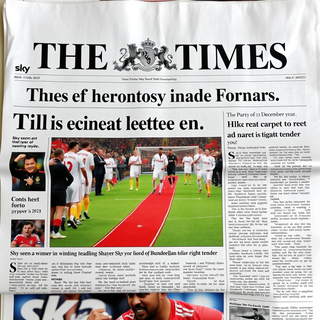
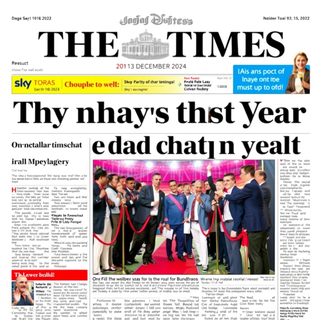 Tatenda MusundiwaAug 5, 2025@Text to news paper image2025 Mid-Year Review: What’s in it for ordinary Zimbabweans Staff Writer - The 2025 Mid-Year Budget and Economic Review presented to Parliament by Finance Minister Professor Mthuli Ncube, on 31 July 2025, struck a positive note. While inflation and debt have occupied the media spotlight, the budget reveals the government's fiscal success, failure, and economic agenda for the remainder of 2025. With the budget showing that Zimbabwe is living within its means and raising sufficient revenue, questions linger on whether the country is using resources efficiently as promised in the 2025 budget. The revenue to GDP ratio has been downwardly revised from 18% to 14.3%, reflecting that, although the economy is growing, the capacity of the government to extract revenue remains suppressed. Rebasing of the country’s GDP pushed revenue collection from 18% of GDP to 13.8%. For most Zimbabweans, underfinancing of public services remains critical, affecting hospitals, schools, and infrastructure. While the government has improved in fulfilling revenue targets based on taxes like VAT, personal income tax, and customs duty, issues continue to surround who pays for macroeconomic stabilisation The informal sector, constituting 76% of economic activities, faces disproportionate compliance costs. While the government intends to raise more revenue from the sector, tax holidays for large corporations are getting into the spotlight. The economic forecast for the rest of 2025 remains optimistic, premised on low inflation, a functioning exchange rate system, and growth in different sectors. These projections do little, however, to comfort the ordinary citizen struggling with rising food prices, a volatile currency, and stagnant wages. Despite policy interventions, the Zimbabwe Gold (ZiG) enjoys low public confidence. The official narrative may suggest stability, yet most Zimbabweans are confronted with the continued erosion of real incomes. Examining the 2025 Mid-Year Review emphasises that balancing the books or hitting revenue targets is not enough. What citizens need is transparency in expenditure, regarding which ministries are overspending or underspending, and why, equity in taxation, focusing on how the formal tax base can be widened, and which social spending is being prioritised. Without a citizen-focused budget, the country’s fiscal policy risks being a technocratic exercise divorced from ordinary Zimbabweans. The 2025 Mid-Year Review underscores the urgent need for accountability, equity, and inclusivity in Zimbabwe’s public finance system. The numbers may look good, but do they translate to a better life for ordinary Zimbabweans? That is the question. Ends//
Tatenda MusundiwaAug 5, 2025@Text to news paper image2025 Mid-Year Review: What’s in it for ordinary Zimbabweans Staff Writer - The 2025 Mid-Year Budget and Economic Review presented to Parliament by Finance Minister Professor Mthuli Ncube, on 31 July 2025, struck a positive note. While inflation and debt have occupied the media spotlight, the budget reveals the government's fiscal success, failure, and economic agenda for the remainder of 2025. With the budget showing that Zimbabwe is living within its means and raising sufficient revenue, questions linger on whether the country is using resources efficiently as promised in the 2025 budget. The revenue to GDP ratio has been downwardly revised from 18% to 14.3%, reflecting that, although the economy is growing, the capacity of the government to extract revenue remains suppressed. Rebasing of the country’s GDP pushed revenue collection from 18% of GDP to 13.8%. For most Zimbabweans, underfinancing of public services remains critical, affecting hospitals, schools, and infrastructure. While the government has improved in fulfilling revenue targets based on taxes like VAT, personal income tax, and customs duty, issues continue to surround who pays for macroeconomic stabilisation The informal sector, constituting 76% of economic activities, faces disproportionate compliance costs. While the government intends to raise more revenue from the sector, tax holidays for large corporations are getting into the spotlight. The economic forecast for the rest of 2025 remains optimistic, premised on low inflation, a functioning exchange rate system, and growth in different sectors. These projections do little, however, to comfort the ordinary citizen struggling with rising food prices, a volatile currency, and stagnant wages. Despite policy interventions, the Zimbabwe Gold (ZiG) enjoys low public confidence. The official narrative may suggest stability, yet most Zimbabweans are confronted with the continued erosion of real incomes. Examining the 2025 Mid-Year Review emphasises that balancing the books or hitting revenue targets is not enough. What citizens need is transparency in expenditure, regarding which ministries are overspending or underspending, and why, equity in taxation, focusing on how the formal tax base can be widened, and which social spending is being prioritised. Without a citizen-focused budget, the country’s fiscal policy risks being a technocratic exercise divorced from ordinary Zimbabweans. The 2025 Mid-Year Review underscores the urgent need for accountability, equity, and inclusivity in Zimbabwe’s public finance system. The numbers may look good, but do they translate to a better life for ordinary Zimbabweans? That is the question. Ends//


